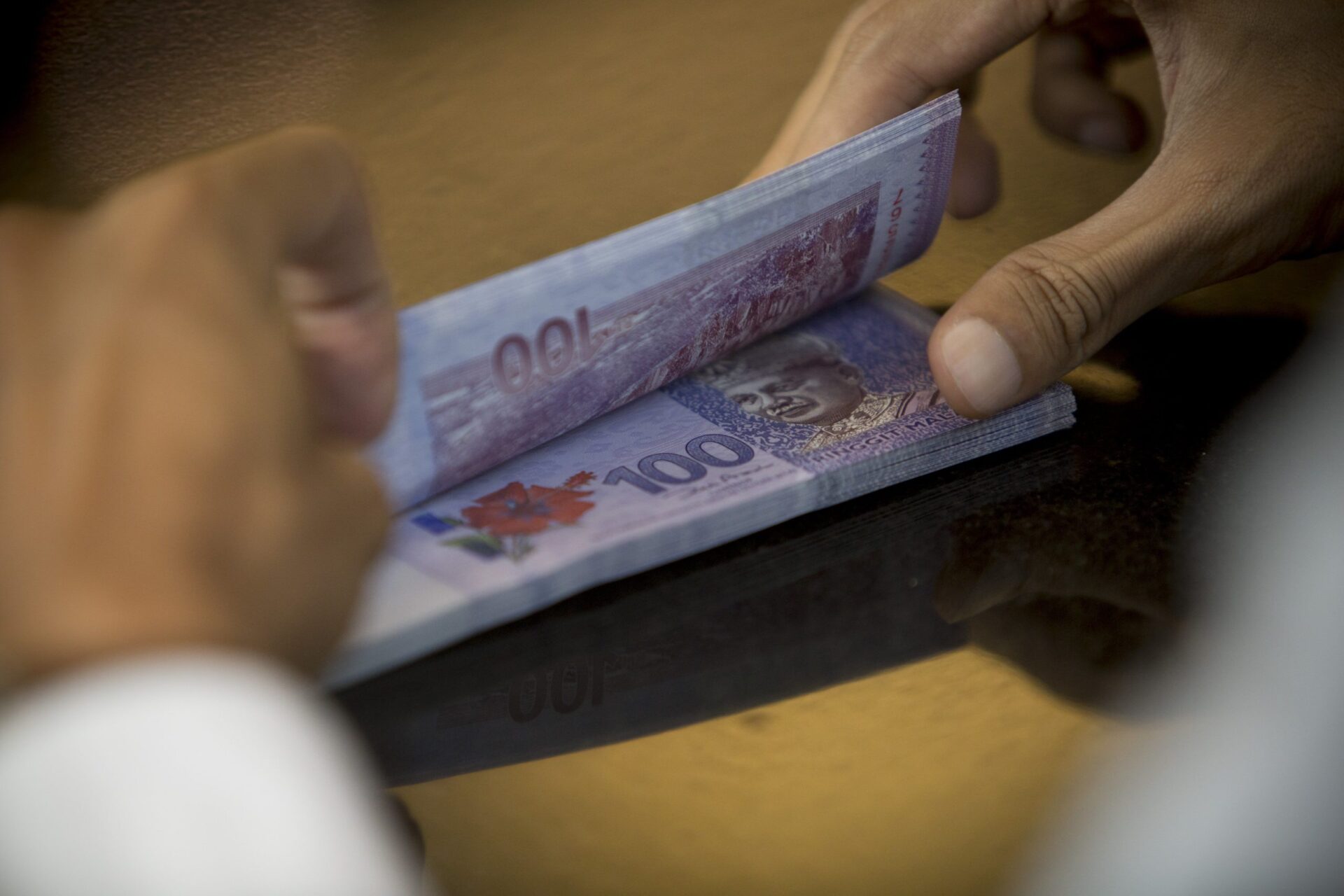- Govt Officials Received N400bn Bribes in One Year – NBS
A total of N400bn was received in bribes by public officials within a period of one year, the National Bureau of Statistics said on Wednesday.
The NBS stated this in its National Corruption Report, adding that 32.3 per cent of Nigerian adults who had contact with public officials between June 2015 and May 2016 had to pay bribes to the government workers.
The report, a copy of which was obtained by our correspondent in Abuja, was prepared by the NBS in collaboration with the United Nations Office on Drugs and Crime.
It said the majority of those who paid bribes to public officials did so more than once over the course of the year.
According to the survey, bribe payers in Nigeria pay an average of six bribes in one year, or one bribe every two months.
By combining the total number of people who paid bribes to public officials with the frequency of the payments, the NBS report estimated that a total of 82.3 million bribes were paid in the 12-month period.
This, the report stated, resulted in an average of almost one bribe paid by every adult Nigerian per year.
The report read in part, “Taking into account the fact that nine out of every 10 bribes paid to public officials in Nigeria are paid in cash and the size of the payments made, it is estimated that the total amount of bribes paid to public officials in Nigeria in the 12 months was around N400bn, the equivalent of $4.6bn in purchasing power parity.
“This sum is equivalent to 39 per cent of the combined federal and state education budgets in 2016.
The average sum paid as a cash bribe in Nigeria is approximately N5,300, which is equivalent to $61 – PPP.
“This means that every time a Nigerian pays a cash bribe, he or she spends an average of 28.2 per cent of the average monthly salary of N18,900.
“Since bribe payers in Nigeria pay an average of 5.8 bribes over the course of one year, 92 per cent of which are paid in cash, they spend an average of N28,200 annually on cash bribes – equivalent to 12.5 per cent of the annual average salary.”
The NBS report said 85.3 per cent of bribery cases in Nigeria were initiated either directly or indirectly by public officials, adding that almost 70 per cent of bribes were paid before any service was rendered.
“With such a large portion of public officials initiating bribes, which are paid upfront, it seems that many public officials show little hesitation in asking for a kickback to carry out their duty and that bribery is an established part of the administrative procedure in Nigeria,” it added.
While money is the most important form of bribe payment in Nigeria, the report stated that other forms such as the provision of food and drink, the handing over of valuables or the exchange of another service or favour also existed.
The report further revealed that 42 per cent of bribes in Nigeria were paid to speed up or finalise an administrative procedure that might otherwise be delayed for a long period or even indefinitely.
According to the report, the second largest proportion of bribes is paid to avoid a fine through frequent encounters with police, while 13 per cent of all bribes are paid to avoid the cancellation of public utility services, an indication that the provision of the most basic amenities, including water and sanitation, can be subject to abuse of power by public officials in Nigeria.
The report stated that law enforcement agents such as the police and judiciary workers such as judges and magistrates were the highest takers of bribe in Nigeria.
It stated, “Police officers are the type of public officials to whom bribes are most commonly paid in Nigeria. Of all adult Nigerians who had direct contact with police officers in the 12 months prior to the survey, almost half paid the officers at least one bribe, and in many cases, more than one since police officers are also among the three types of public officials to whom bribes are paid most frequently in Nigeria.
“At the same time, the average bribe paid to police officers is somewhat below the average bribe size.
“Although fewer people come into contact with judiciary officials than with police officers over the course of the year, when they do, the risk of bribery is considerable: at 33 per cent, the prevalence of bribery in relation to prosecutors is the second highest, closely followed by judges and magistrates.”
Other public officials with a high risk of bribery, according to the report, are car registration/driving licence officers (28.5 per cent); tax and customs officers (27.3 per cent); road traffic management officials (25.5 per cent); public utilities officers (22.4 per cent); and land registry officers (20.9 per cent).
“This shows that corruption takes place across a number of different sectors of the public administration and that certain public officials have a disproportionate impact on the daily lives of Nigerians,” it added.


 Billionaire Watch3 weeks ago
Billionaire Watch3 weeks ago
 Startups4 weeks ago
Startups4 weeks ago
 News4 weeks ago
News4 weeks ago
 News4 weeks ago
News4 weeks ago
 Bitcoin4 weeks ago
Bitcoin4 weeks ago
 Naira4 weeks ago
Naira4 weeks ago
 Forex3 weeks ago
Forex3 weeks ago
 Treasury Bills4 weeks ago
Treasury Bills4 weeks ago
























